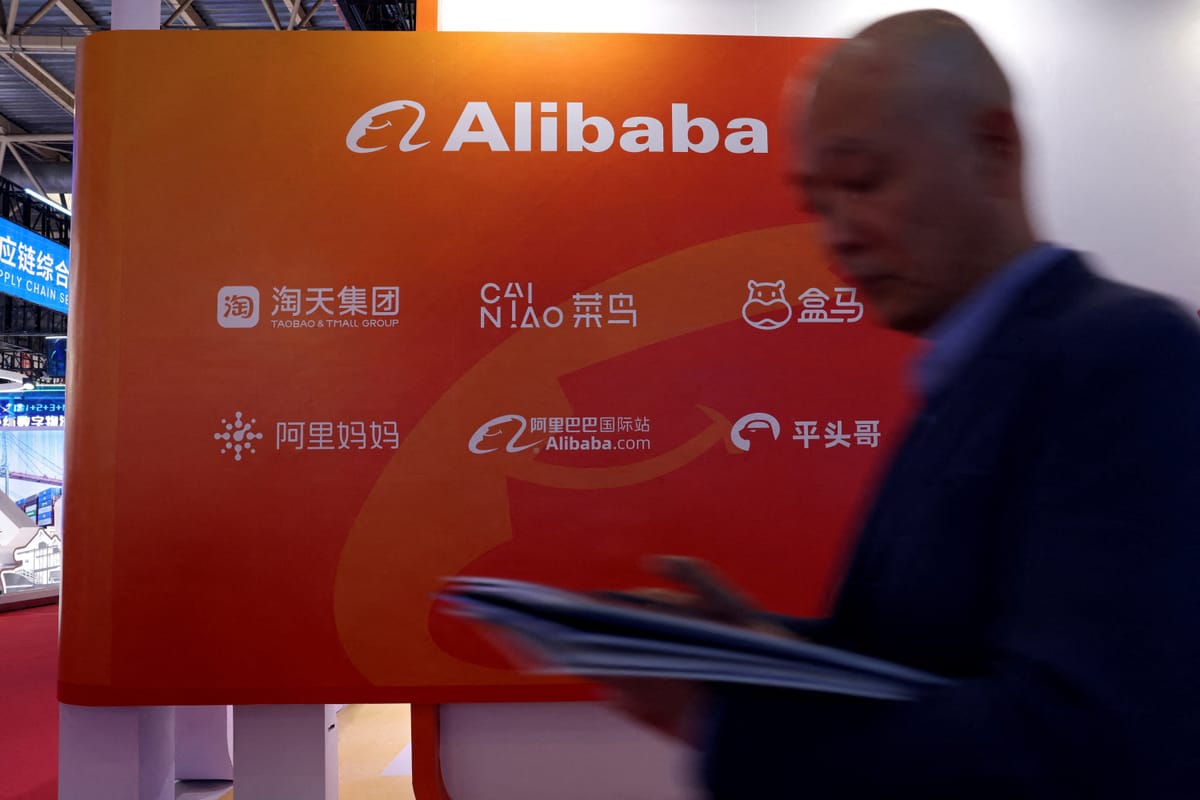Alibaba shares its Gulf expansion vision at Dubai’s World Government Summit
Despite facing internal hurdles, Chinese e-commerce company Alibaba is growing its footprint in the Gulf region.

A few minutes every morning is all you need.
Stay up to date on the world's Headlines and Human Stories. It's fun, it's factual, it's fluff-free.
The backstory: Over the past few years, Gulf countries like Saudi Arabia and the UAE have been looking to diversify their economies beyond oil and boost their global influence. Notably, Chinese President Xi Jinping visited Saudi Arabia in 2022 and signed 34 agreements covering areas like technology and green energy. Both Saudi Arabia and the UAE were also invited to join the BRICS bloc, an influential economic alliance that includes Brazil, Russia, India, China and South Africa.
So, what's the plan for these Gulf nations? The UAE, in particular, has been actively investing in artificial intelligence (AI), with OpenAI partnering with Abu Dhabi's leading AI firm, G42. Saudi Arabia, on the other hand, views China as vital for its Vision 2030 plan, with Chinese companies securing contracts to construct data centers in projects like NEOM, a futuristic city.
The development: Despite facing internal hurdles, Chinese e-commerce company Alibaba is growing its footprint in the Gulf region, particularly in Saudi Arabia and the UAE. At Dubai's World Government Summit last week, Alibaba's president, Michael Evans, stressed the importance of teaming up with local companies to navigate regional policies. Evans highlighted existing partnerships within the Gulf Cooperation Council (GCC) and discussed similar plans for the UAE. He emphasized the need for local partners to help companies understand and handle the complexities of the regional market.
Key comments:
"One of the things we've chosen to do, which is a little unusual for a Chinese company, is we partner," said Alibaba president Michael Evans on a panel at Dubai's World Government Summit. "And partnering in a local market, we've done it here in the GCC. We're going to do it in the UAE. We've just finished doing something very interesting in Saudi."
"A local partner is basically an opportunity to keep you very tightly integrated in the dialogue about what's happening," said Evans.
"An area where we're starting to see increased sensitivity is with the Gulf states," said Stephenie Gosnell Handler, a Washington-based partner at Gibson Dunn, on a webinar last October regarding Washington's increased scrutiny on US deals with Middle Eastern wealth funds, due to their perceived close ties with Beijing. "We have been seeing CFIUS start to ask more questions."




Comments ()